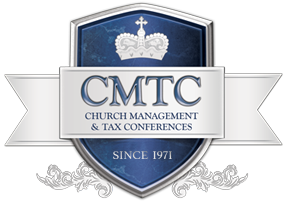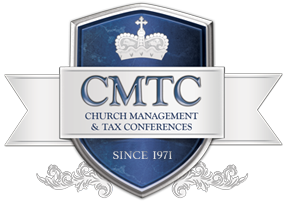Are Your Extra-Curricular Activities Legal?
In our attempts to do ministry and to be known and respected in our communities, Churches have gone to great lengths to get their names before the public. We have hosted social programs, rented our facilities, sought for additional revenue streams, and much more.
We have engaged in some of these activities simply to bridge budget shortfalls, while some are simply for community public relations. With only 11% of Church members tithing, Churches have struggled to maintain their ministry vision.
Just Because it is Good, Does not Mean It is Legal
Church ministry and its activities must be reconciled with tax regulations in Section 501 of the IRS code. If your Church is engaging in more none spiritual activities, than spiritual, you may have a problem.
When the IRS was challenged in court, the U.S. Supreme Court made the following ruling:
A single nonexempt purpose, if substantial in nature, would preclude an organization from qualifying under section 501(c)(3) of the Code.
If your Church is audited, this means that some of the extra-curricular activities could cause the Church to lose its tax exempt status (its 501(c)(3)). Below are some, but not all, of the activities that may cause problems.
- Renting Church facilities to the public
- Too many fund-raisers
- Operating a bookstore or coffee shop other than for bona-fide Church events
What the Church can Do
This does not mean the Church cannot engage in any of the above mentioned (or other) activities. What it does mean is that the Church must use caution when engaging in activities that are not considered as legitimate Church functions – i.e. Church services.
If your Church does not do their extra-curricular functions properly, you may have trouble convincing the IRS that those functions are ministry-necessities and directly relate to the Church’s charitable purpose. Should this happen, the IRS would strip the Church of any tax exempt status, which would further complicate matters for the Church in the form of reduced tithes and offerings.
As you can see, there is a fine line that must be walked if we want to do certain activities while maintaining our tax exempt status.
What You Need to do Now
It is imperative that every Pastor and Church Leader stay abreast of non-profit tax regulations that may have a detrimental effect on the Church and its mission. Most CPAs and attorneys have no clue as to the amount of regulatory restrictions placed upon Churches and Ministries. However, there is someone who does know.
At Chitwood & Chitwood we have more than 78 years of experience keeping Churches compliant with the IRS and Government regulations. Churches and Ministries are all we do. Is it really wise to trust your Church in the hands of someone who does it occasionally or to someone who focuses only on Ministry and Ministry related organizations?
It is not what you know that will hurt you; it’s what you don’t know.
Every Pastor and Church Leader should contact our website www.cmtc.org or call us at 800-344-0076 to register for the next Church Management and Clergy Tax Conference. You have nothing to lose by attending, but you may lose everything if you do not.
Remember, for us it is “A Ministry—Not A Job!”

